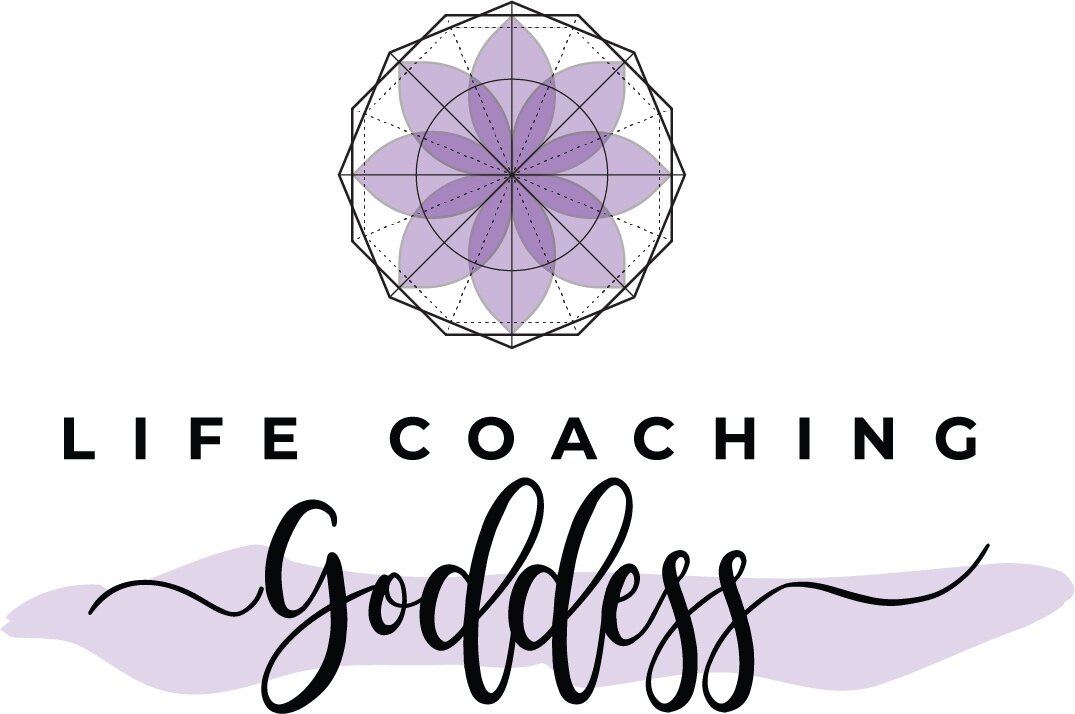How Can Trauma Show Up In Your Relationships?
So you get out of an abusive relationship and eventually find yourself easing into another one. Even though your new partner couldn’t be any more different, you find yourself thinking “why do I still feel like I am constantly on edge and waiting for the next shoe to drop?” You notice that you are questioning the fabric of your relationship and you are finding yourself triggered by smallest and most inconsequential of things. These feelings bring conflict within yourself and your new relationship increasingly suffers. You struggle to differentiate between your intuition (gut feeling) and the real red flags that may be present in your current relationship because you fear that what happened in the past is going to repeat; after all, you didn’t see the red flags back then. This creates a constant internal battle between your actual reality, and the traumatic imprints from your past. As a result, you live with constant anxiety, waiting for the next thing to happen to show you the evidence that this new partner is going to disappoint you like all the rest.
Does any of that sound familiar?
If so, you are not alone. This is because you have trauma from the previous relationship(s) that has caused you to be on edge. Living with unresolved wounds and bringing all the resulting behaviors to your relationships is clearly not conducive to healthy, happy intimacy. It actually causes the same repetitive things to happen because you continue to choose partners that will give you the proof of the evidence you are seeking. OR you will choose a healthy partner, but will be unable to see that because you are still seeing them through the filter of your trauma, and possibly self sabotage a perfectly good relationship.
When the trauma remains unresolved, there will likely be frequent triggers that cause an emotional response—behaviors on the part of others that unintentionally act as cues or reminders of the original trauma. For example, if you had parents who were emotionally distant or physically absent when you were a child and you felt abandoned, when your spouse comes home late from work you may feel powerless and rejected.
Your spouse (or your friend, relative, partner or colleague) may have only your highest good in mind, but when you see life through your scars, you experience attacks where none are intended. Likewise, when you see yourself as unworthy, you may not effectively express and preserve your worth in relationships.
The unresolved trauma is the filter through which you see the world and all your relationships. It is important to address this, or it can cause unhappiness in all your relationships.
Here are some ways to begin to address and heal the trauma and change the effect it has upon your life and relationships:
Understand trauma and its effects. Read books about recovering from trauma. Listen to podcasts about trauma, and how it can affect you. Trauma can be big and small. It is all in perception. Talk with a therapist/ coach that understands and can give you tools to see what behaviors in your life may be related to an early traumatic event, whether you remember the specifics of an event or not.
Share your story. Write about your experiences, from the past and present, in a journal. Share with a trusted friend. Share in community so you don’t feel alone. From telling your story, you may discover the connections between what’s happening now in your life and what you carry with you from the past.
Share the trigger. When you begin to notice that you are triggered, and what you are feeling may not be the truth of the present moment, say “I feel triggered (by what you said or did).” This can be a great way of stepping outside of the emotional response, naming it, and talking about what happened without any blame.
Turn pain into purpose. When we can turn our pain into healing, resilience, and purpose this is where our true power lies. We begin to see life as a bigger picture event, or as a journey to a higher path. You can begin to see your story from the perspective of all the things that you gained, rather than lost. Every step of the way was a learning experience, and made you into the person you are today. Can you find the hidden gifts in your experiences?
Develop emotional resilience. As Emily Dickinson wrote: “The best way out is through.” Experience your feelings, rather than pushing them away—notice them and name them. Emotions are there to show you what needs to heal within you. Feel all of the emotions, don’t be afraid to show your vulnerability. This is the true path to healing.
The healing of our past is essential to a healthy, joyful life. Otherwise we live life in a limited way, that can only continue to take you back to the ghosts of your suffering. Healing creates freedom, connection, and a wholeness within yourself that will spill into all other areas of your life, including relationships.
As always thank you for being here with me,


